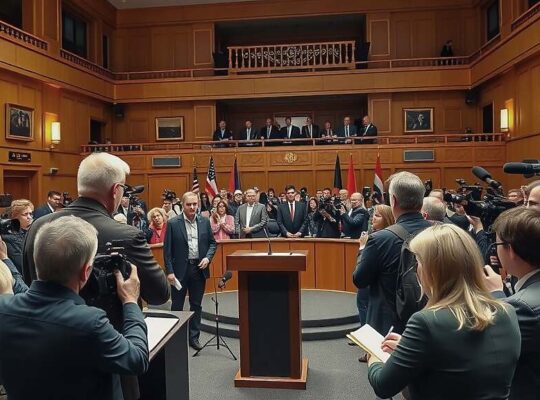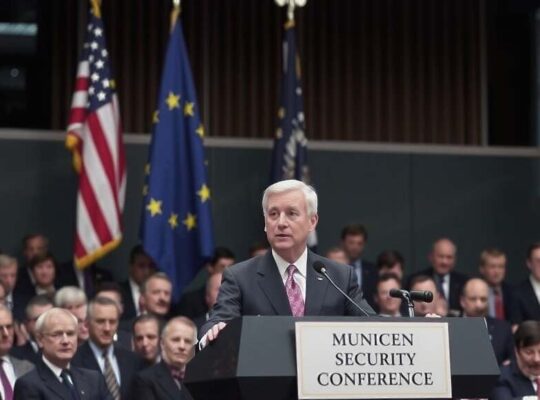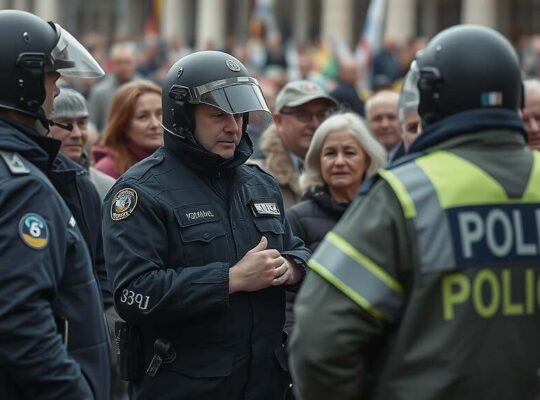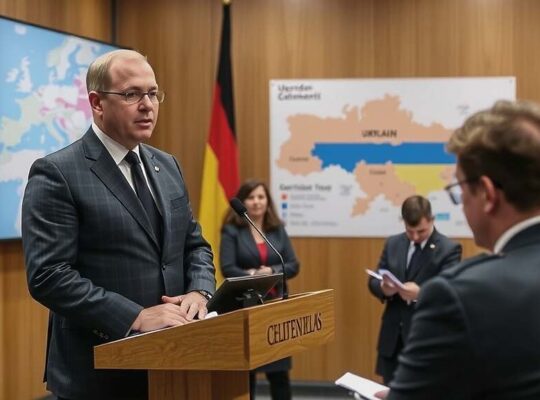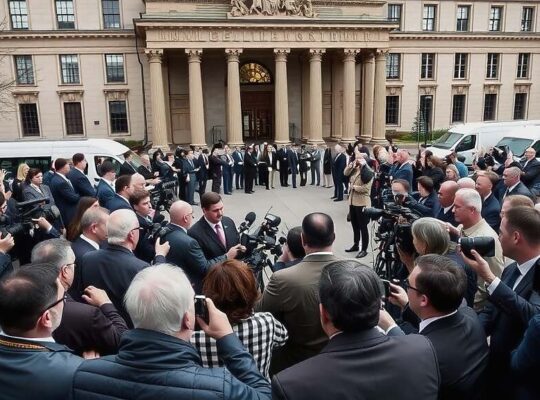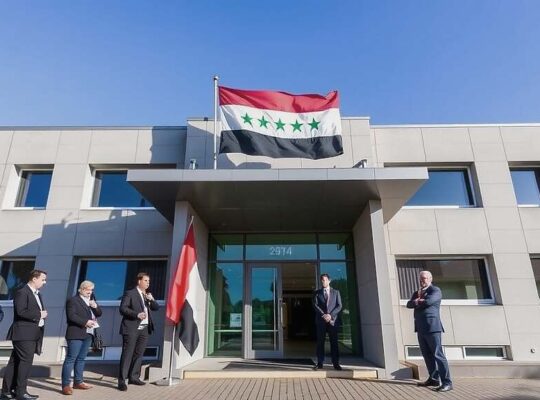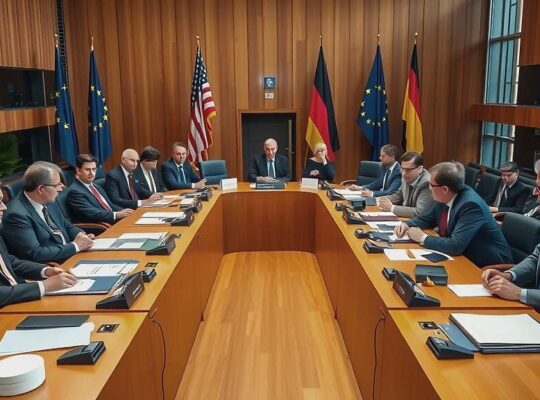Sources indicate that a man arrested in London earlier this month is believed to be the son of a former Hamas minister, according to reports citing Israeli intelligence. The arrest directly links to the dismantling of a suspected Hamas cell uncovered in Berlin during October, raising serious questions about the group’s international operational reach and the potential for coordinated actions across Europe.
The individual, identified as a 39-year-old, reportedly held a prior role within Hamas leadership circles, having previously served as a bodyguard for the now-deceased former Hamas chief. He had been residing in the United Kingdom prior to his arrest, where he was employed as an IT specialist. This detail is particularly concerning, suggesting a potential vulnerability in critical infrastructure if his skillset had been leveraged for malicious purposes.
German prosecutors accuse the suspect of having received weapons and storing them outside of Germany. The alleged cell’s stated objective, as revealed through the ongoing investigation, was to prepare attacks targeting Israeli or Jewish institutions within Europe. This development significantly escalates fears of a renewed wave of politically motivated violence on the continent.
While Hamas leadership has denied any involvement or knowledge of the case, the connection to a former minister’s son and the potential for international coordination highlights a sophisticated and far-reaching network. Security experts are now scrutinizing the scope of the investigation, questioning whether this arrest represents an isolated incident or signals a broader, previously undetected presence of Hamas operatives embedded within Western nations. The incident is likely to trigger a reassessment of security protocols and intelligence-sharing initiatives between European countries and Israel, with a particular focus on monitoring individuals with ties to extremist groups. The case also poses significant political challenges for European governments, demanding a delicate balance between upholding civil liberties and addressing the clear and present danger of transnational terrorism.




